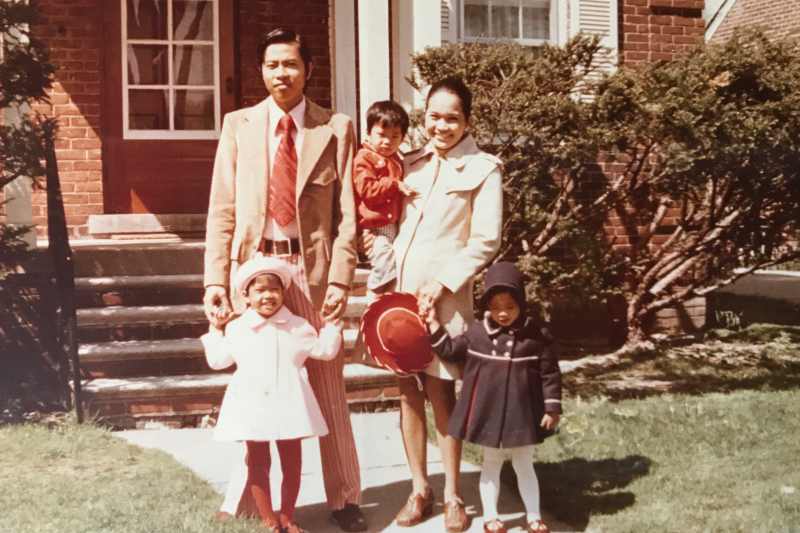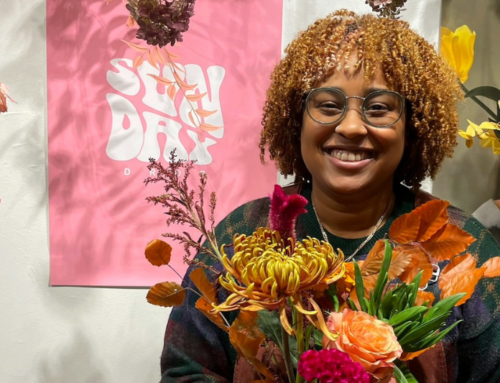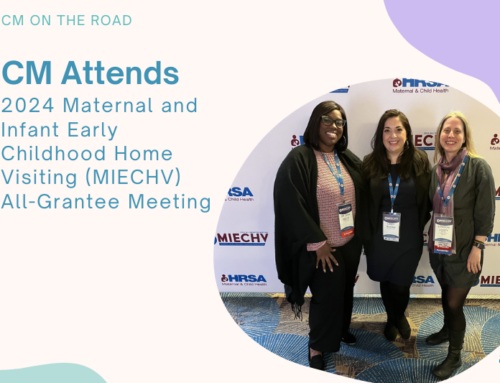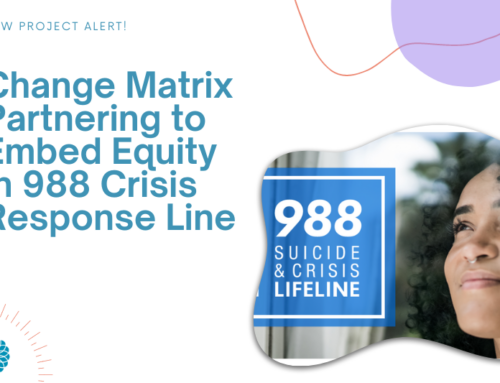No matter what side of the immigration and citizen debate one gravitates to, the inability of our nation’s leaders to find consensus has been distressing to watch. During one of our team meetings, we found ourselves sharing our own stories of what the word immigration means to us. We thought we’d share a little more about our team members over the course of time.
Rachele
I was born in the Philippines and was a toddler when my family moved to Michigan for what we thought was a temporary stay. While we were there, former president Ferdinand Marcos declared martial law. My grandparents encouraged my parents to stay in the States and seek a better future. This changed our family’s life trajectory forever.
Ever since I was a little girl – I received different messages about whether or not I belonged. I was never on the American growth charts – I was always below the 1% for height and weight. I was bullied in school for being so small. I was the only student of color in my classes all the way through elementary school. I dreaded Show & Tell when my mom would send me with dried mangos or crab shells, not understanding that I was teased for being so different. I never had a teacher who looked like me until I was in college.
This sense of belonging is a human need – just like the need for shelter or food. I knew I belonged from my family and the community of Filipino friends my parents made in Michigan. But growing up in a largely White community, I often wondered what my life would have been like if we had returned to the Philippines. What would it have been like to grow up in a country where everyone else also had black hair and eyes and brown skin? Where the food we enjoyed and our cultural practices were the norm? Where I wasn’t so different? Who would I be?
I know I grew up Filipino– a perfectly normal breakfast for us growing up was rice, meat, and an egg; I still turn my head when I hear “pssst;” banana ketchup is one of my favorite condiments; I call any close family friend who isn’t my blood relative tito and tita; my parents communicated in Taglish (Tagalog + English); we had giant spoons and forks hanging in our dining room. All of this and more happened while I grew up in the US, a place with freedoms and opportunities, that also contribute to who I am today.
So back to the question “Who would I be?” if I had grown up in the Philippines. I can only imagine. We were not able to visit the Philippines until 8 years after we left. My parents fought for 13 years to become citizens of the United States, and I was naturalized when I was 17 years old. While citizenship has given us the rights and privileges that are a part of US Citizenship, do we really belong? I learned what racism was as a young child and to this day experience implicit and explicit bias. I am often asked, “Where are you from?” – implying that Asians can’t be from the United States, or that I don’t belong.
Yet when I go back to the Philippines, I’m keenly aware that I am a visitor. My mannerisms and my accent quickly reveal that I am not a local. Having live most of my life here, I know that this is where I belong. While I sometimes receive messages that I don’t belong, I am proud that my Filipina background gives me a place in this rich tapestry of immigrants and experiences that help to make up the United States. And I know that who I am today allows me to make choices and decisions that help my own children know that they belong and have value in the world that we are living in now.
[Picture above: This picture was taken about a year after Ferdinand Marcos declared Martial Law in the Philippines, so by then my parents had decided to stay in the states. We are standing in front of our apartment in Michigan. About a year or so later, my parents bought their first house knowing that they were going to settle in the states.]



